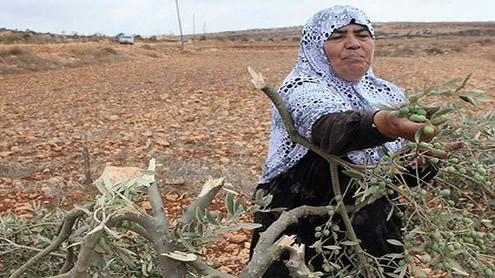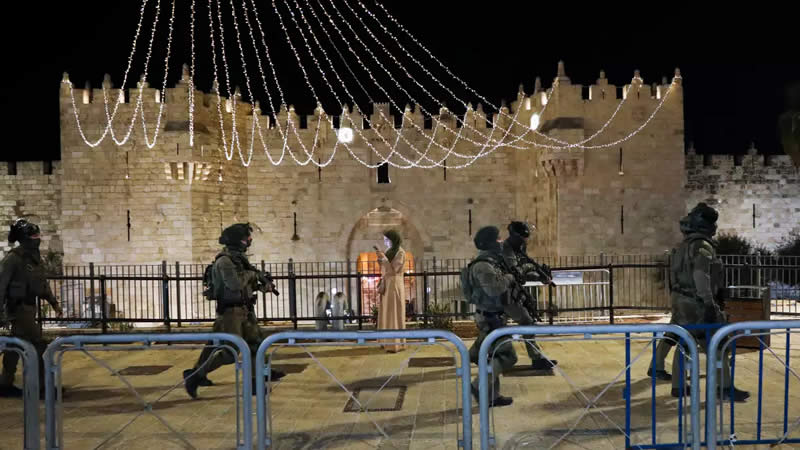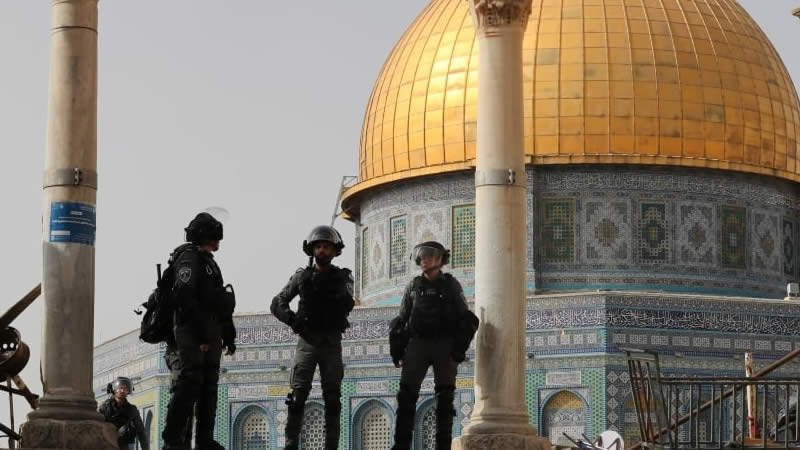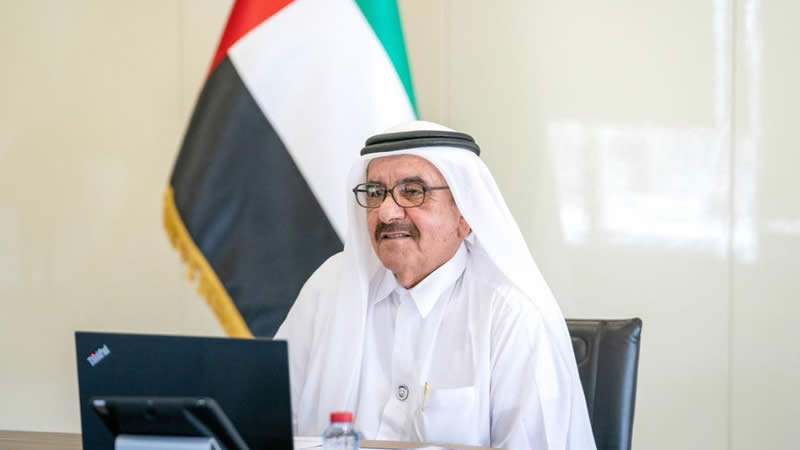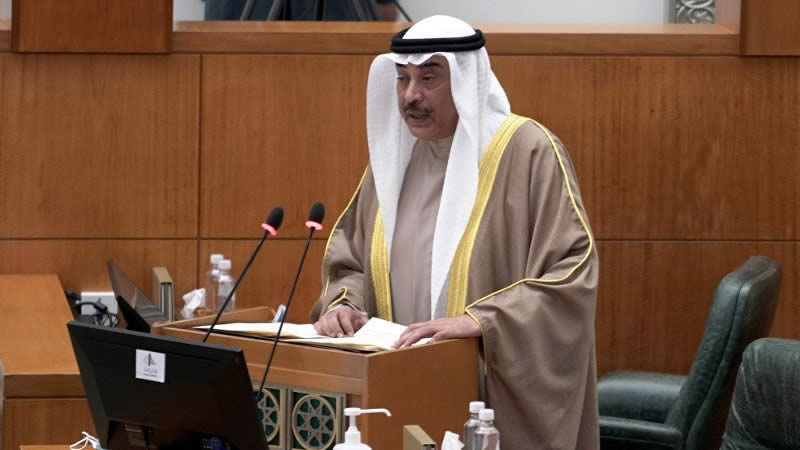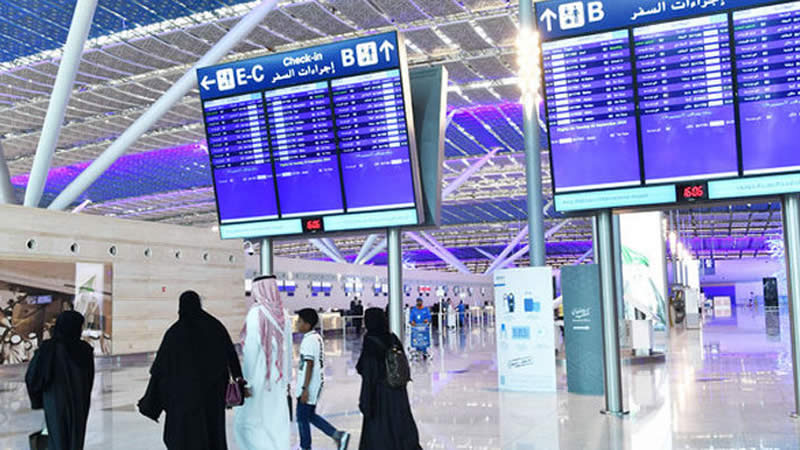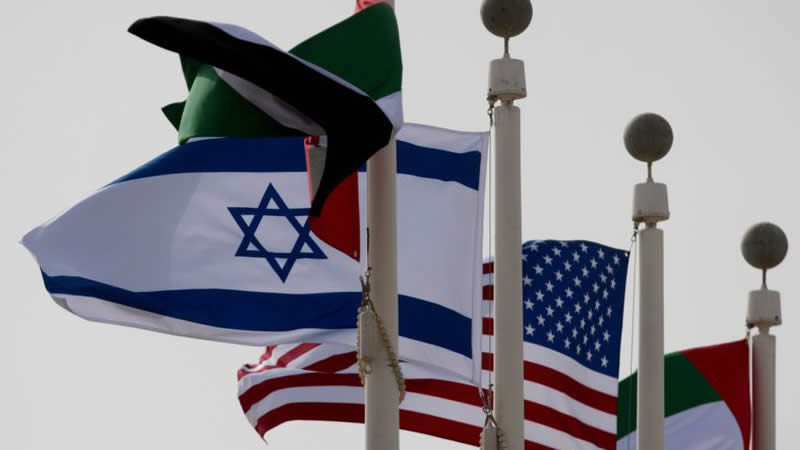t is a battle that is fought on Palestinian-owned land and in Arab villages all over the occupied West Bank. Young olive trees are ripped from the ground, older trees are burnt or hacked to pieces, mosques are set alight and villagers attacked.
Palestinians say there has been a recent surge in settler violence, and that the Israel Defence Forces is either ill-equipped or unwilling to put a stop to the hostilities.
Grainy video of the attacks is now regularly posted on YouTube – either to condemn or praise the acts of violence.
In a video of a recent fight between settlers and a Palestinian farmer and protesters near the settlement of Anatot, carried on Israeli news websites, settlers are heard to chant ”death to Arabs” and call female protesters ”sluts”, saying: ”All of these women f— Arabs.”
In this incident – on September 30 – a settler is seen attacking the crowd with a knife, protesters and villagers are punched to the ground, and throughout the ensuing mayhem, the video shows hardly any soldiers in the area to keep the peace.
When the soldiers do come, village leaders say, they either stand by and watch the attacks, or provoke further violence rather than protecting people and property.
From the settlers’ point of view, it is often the peace activists who arrive without warning and provoke the violence.
David Ha’ivri, a prominent settler leader, said the recent violence in Anatot was a classic example of ”a group of left-wing activists provoking a fight in a quiet civilian community then using that fight to paint themselves as the victim”.
”This is an event that went for many hours, and yet they have edited the footage down to just a few minutes – they were not innocent bystanders, they went at their own expense to someone else’s home to start a fight,” Mr Ha’ivri said.
The tiny West Bank village of al-Nabi Saleh, north of Ramallah, has become a weekly flashpoint for such clashes, as settlers from Halamish and its outposts try to seize the al-Qawas Spring and the land around it.
The spring lies on land that belongs to the nearby Palestinian village of Deir Nidham.
In July 2008, settlers began to use the spring and in February 2009 they started to renovate the area. Palestinians filed complaints with the police about the work, which was undertaken without permit on privately-owned land, and which damaged trees and property, the human rights group B’Tselem said. All the complaints were closed on grounds of ”offender unknown” or ”lack of evidence”. The matter now rests with the High Court.
”Almost every week we smell tear gas,” said Bashir Tamimi, head of the village of 550 residents. ”Settler violence is increasing – they are chopping down trees, damaging roads. After [Palestinian Authority president Mahmoud] Abbas went to the UN, it appeared that the Israeli government let the settlers loose, and allowed them to do whatever they wanted.”
In response to what many saw as an escalating situation, al-Nabi Saleh, with the help of the Palestinian Popular Committees, has equipped a group of its younger residents with video and stills cameras to document the violence and destruction.
The Herald attended the weekly Friday protest at al-Nabi Saleh, where a few dozen villagers and protesters attempted to walk to the spring, only to be met with extraordinary force from the Israel Defence Force.
First a large truck sprayed a foul smelling liquid towards the protest – known as ”skunk”, it can induce vomiting – and then the tear gas canisters began to rain down. Dozens and dozens of them, fired indiscriminately into the crowd and the assembled media, hitting demonstrators and dispersing tear gas throughout the village. One man was carried unconscious to a waiting ambulance.
From the demonstrator’s side, some protesters hurled rocks at the soldiers. The battle went on for hours.
Al-Nabi Saleh ”is not a peaceful protest”, said Israel Defence Force spokeswoman Lieutenant Colonel Avital Leibovich. ”In the last two weeks we have witnessed an increase in the numbers of violent riots – Palestinians who hurl rocks and sometimes Molotov cocktails at Israelis and IDF soldiers.”
And what of the settler incursions onto Palestinian land?
”We have some radical Israelis who chose to harm and burn olive trees so we do what we can to stop this and to allow the farmers to do the work they need to do.”
In Qusra, a village of 6000 residents north-east of al-Nabi Saleh, locals are still mourning the death of 34-year-old Essam Oudah, shot and killed, witnesses say, by Israel Defence Force soldiers in a clash between villagers and settlers from the Esh Kodesh outpost the day Mr Abbas delivered his statehood speech in the United Nations. The investigation into his death is continuing.
Olive trees have been destroyed in settler attacks, the residents said, and mosques have been attacked – one at 4am, when a burning tyre was rolled into the Al-Nurayn mosque and the words ”Mohamed is a pig” were written on the wall in Hebrew.
On Thursday, Palestinian farmers from Qusra discovered around 200 of their olive and fig trees had been destroyed or uprooted in an overnight attack. The trees were planted in the south of the village, in an area next to several outposts of the Shilo settlement.
Last month, the army established a military post on a hill overlooking the valley between the Esh-Kodesh outpost and the village.
”In spite of this, it is suspected that settlers managed to vandalise 200 trees unhindered by the soldiers,” B’Tselem spokeswoman Sarit Michaeli said. ”Regardless of whether the soldiers noticed the settlers and chose to ignore them or whether they weren’t present in the area, this is a particularly severe case where the security forces violated their obligation to protect the Palestinian residents and their property.”
According to the UN Office for the Co-ordination of Humanitarian Affairs, more than 900 trees were uprooted or set alight in the week of September 21-27, and more than half of them were in Qusra.
September was also the most violent month in a year for incidents of rock throwing on the West Bank, Israel Defence Force figures show.
There were 498 incidents of rock throwing last month – 33 per cent more than the monthly average over the past year.
On the day of Mr Oudah’s funeral, when most of the town was in mourning, settlers came into Qusra and tried to break into the homes of some of the olive farmers, locals who asked not to be named said.
Qusra village leader Hani Abdel Rashid Odeh admits there is little they can do to stop the attacks. ”We cannot go and confront them as we are unarmed.”
It has established a civilian patrol, yet it is unable to do more than observe and document the attacks.
But it is not just the settlers who terrorise the village, residents say. Like many village leaders, Mr Odeh claims the army also arrives in the middle of the night to search houses and drag people in for questioning.
Two human rights organisations – B’Tselem and the Association for Civil Rights in Israel – have publicly expressed grave concerns about the behaviour of the Israel Defence Force at the village protests, particularly in al-Nabi Saleh.
Naama Baumgarten-Sharon, the author of the recently-released Show of Force report into Israeli military conduct in the village, and a lawyer for B’Tselem , said there had been 78 arrests – 17 of them minors – since the Friday protests came to a head in May after a particularly violent clash with soldiers.
”We see many problems, with minors being dragged from their beds in the middle of the night by Israeli soldiers, questioned without representation and denied their rights,” she said.
”Then their testimony – obtained usually as part of a plea bargain – is used to make further arrests, usually of activists.”
The organisation believes the army is denying the villagers the right to protest, because it either declares demonstrations illegal, or declares the whole village a closed military zone which allows them to restrict people coming in or from leaving.
Then there are crowd control measures: more than 150 tear gas grenades have been fired at some demonstrations.
There are also inconsistent standards for declaring a demonstration illegal being applied by the Israeli military courts, Raghad Jaraisy, a lawyer with the Association for Civil Rights in Israel, said. ”Sometimes it is because the demonstration took place without an order, sometimes it is because of violence, and others it is because the military has enforced a closed military zone.
”It gives tremendous discretion to the commander.”
Meanwhile, the so-called ”price tag” attacks are on the increase in the West Bank and East Jerusalem.
The attacks are carried out in retaliation against attempts to reduce the presence of settlers in the occupied territory. Mosques are attacked and sprayed with graffiti, usually with the words ”price tag” and sometimes with anti-Muslim slurs.
On Monday, a mosque in the village of Tuba-Zangariya in northern Israel was torched and vandalised, prompting hundreds of residents to march in protest against the attack.
The Israeli President, Shimon Peres, described the attack as ”desecrating the holy”.
”I am filled with shame for this hateful act,” he said. ”I came here, to this burnt mosque, and I am shocked to the depths of my soul … I believe that there is not one Israeli who is not ashamed by this arson attack.”
In response, the Israel Police Commissioner, Yohanan Danino, announced there would be extra patrols, higher alert levels and more frequent intelligence assessments.
(Source: SMH)


